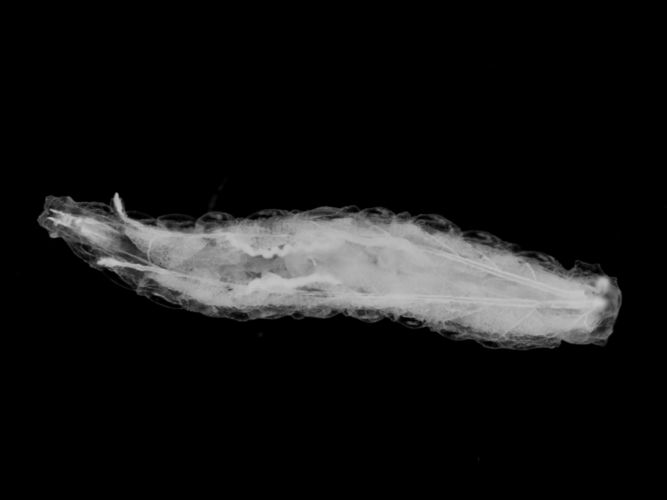This occurs when a new connection is made in the brain between cells that encode time (the internal clock) and cells that promote arousal. A daily sleep rhythm helps the fly larvae to sleep more deeply, which enables the formation of long-term memory. These new findings, which were recently published in the prestigious journal Science Advances, may also have implications for research into the sleep patterns of human infants.
In this study, led by researchers at the University of Pennsylvania, scientists at Leipzig University identified the precise developmental point when the circadian clock begins to control sleep in fruit flies. This leads to the emergence of rhythmic sleep in the early third-instar stage. “In this study, we were able for the first time to combine our expertise – larval learning and the brain circuitry required for it – with the field of sleep research in fruit flies,” says Professor Thum. The emergence of sleep patterns is also important for the cognitive development of human infants. “At the beginning, babies have to switch frequently between sleeping and feeding, which limits long periods of deep sleep. As babies get older, they can go longer without food, which allows for periods of deeper sleep and more complex brain functions,” says the biologist.
Thum and his colleagues have been able to show that fruit flies develop a long-term memory for unpleasant stimuli at the early third-instar stage. This memory depends on the onset of deep sleep, which begins as soon as the circadian rhythm of sleep is established. The researcher explains: “We suspect that the development of circadian sleep enables more complex cognitive processes, including the formation of long-lasting memories.”
Original publication in Science Advances:
“Developmental emergence of sleep rhythms enables long-term memory in Drosophila”, DOI: 10.1126/sciadv.adh2301






























































